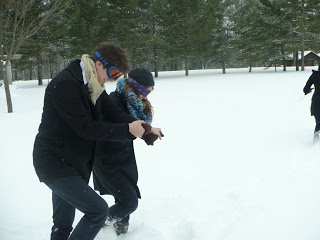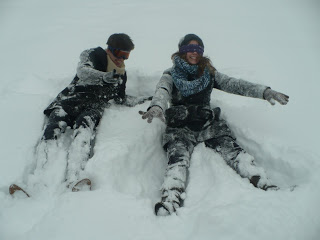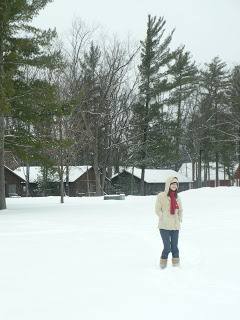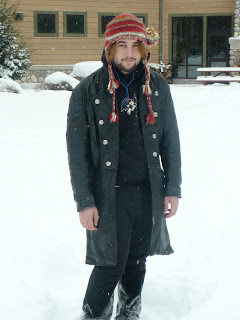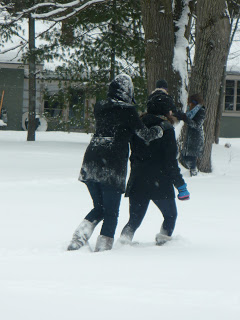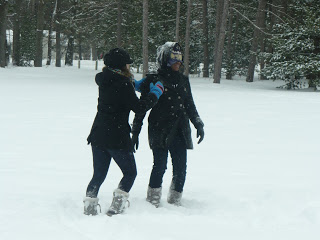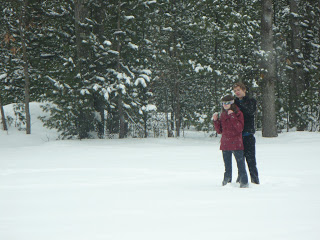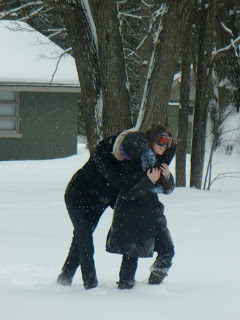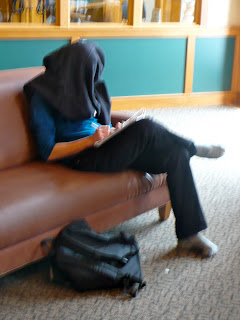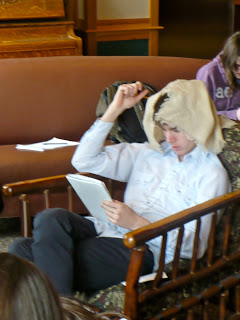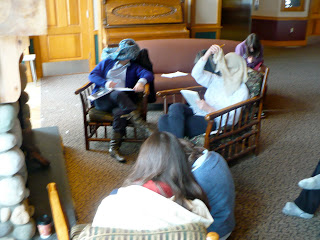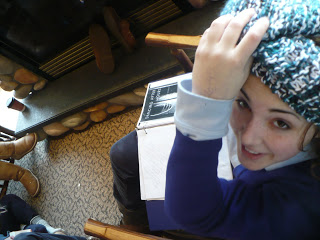Sensory Deprivation
A few orders of business before tonight’s post. First, if you are a Pacific alum or writer enthusiast, you will likely enjoy this post by former Interlochen Writer-in-Residence and NC Arts Council Literary Fellowship recipient Melanie Drane. She also seeks council from “Leon Hammerhead,” more famously known as Jack Driscoll. Thanks to the reader who anonymously posted this in the comments.
Next, sensory deprivation. What’s that? In a writing teacher’s world, it’s a code word for fun, which is exactly what we had in my Fiction Workshop a few days ago. We’ve been discussing which senses are our dominant senses as writers and the pros and cons of that on the page. For instance, if you react most immediately to sound (as opposed to color, for instance), how does that show up in your writing? Do all of your characters react that way, too? How can you imagine your characters more deeply through the five senses? How can you heighten one of the senses to help portray the inner psychology of your characters?
As an exercise, students were partnered up and given various restrictions. Some were completely mute and “deaf,” by which I mean they wore earplugs, three hats, and tied scarves around their heads. Others were blind, which of course required faith and a few bandanas. Their task was simple: build a snowman with your partner, one student with restrictions and one without any. After ten minutes, the students swapped roles.

